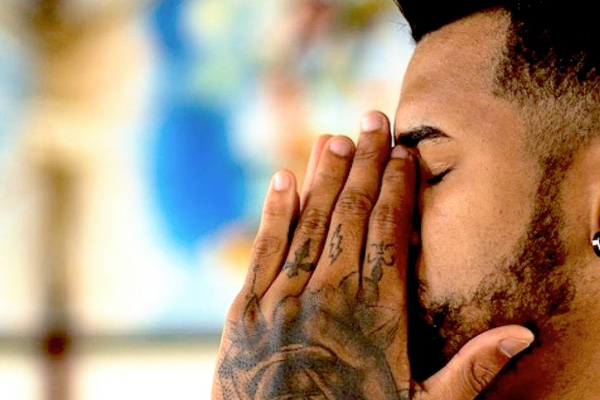OR MAKE YOU A DEADHEAD? –
Jan. 22, 2021 – “If this keeps going the way it looks like it’s going, I think it will lead to a large phase 3 trial that could be part of getting psilocybin rescheduled,” NYU psychiatrist and lead investigator Kelley O’Donnell, MD, PhD, told MD Edge/Psychology. Psilocybin is classified by the DEA as a Schedule 1 drug, despite mounting evidence that it’s not addictive. As well, research shows it may have benefits in treating a variety of mental health issues.
The 8-week study compared the effects of psilocybin with diphenhydramine, the active ingredient in the antihistamine Benadryl. The researchers chose diphenhydramine because it makes some people feel nauseated or woozy.
All participants reported a similar alcohol experience—drinking an average of three out of four days with a mean of 7.5 drinks per drinking day. They also had a craving score of 18 out of a maximum 30 points on the Penn Alcohol Craving Scale.
During the study, all participants also went through three months of therapy focused on their alcohol addiction. Participants received the medication at week 4—either 25mg per 70Kg psilocybin or 50 mg diphenhydramine. They were in a relaxed living room-type setting with two therapists serving as guides. Following the session, participants were debriefed about their experiences.
They received a second dose of medication at week 8—this time 40mg of 70kg psilocybin or 100mg diphenhydramine—after which they were once again debriefed. Counseling continued through week 12.



